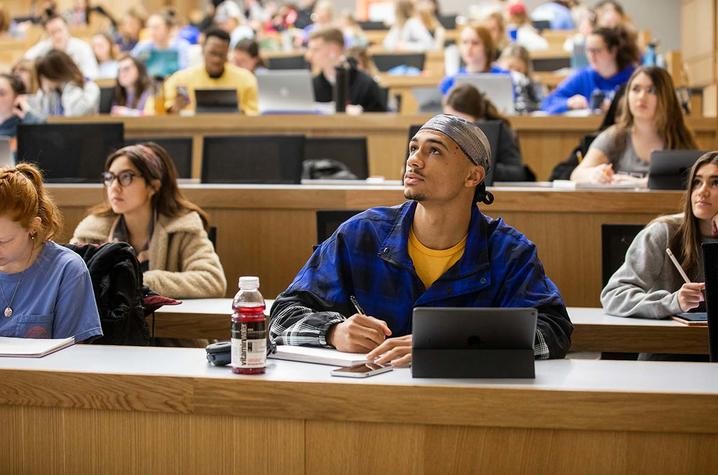
The path to higher education remains challenging for many students from disadvantaged backgrounds in the UK. However, the University of York is taking innovative steps to bridge this gap through its University of Opportunity fund, offering targeted support to students who need it most.
Recent data shows that only 14% of young care leavers in the UK pursue university education, compared to 47% of their peers from traditional backgrounds. The University of York's initiative, funded by alumni donations, provides comprehensive assistance ranging from financial aid to activity grants.
For students like Milda, who spent time in foster care and lived independently as a teenager, the care leaver's bursary of £9,000 made university education possible. "I don't think I'd have been able to finish at any other university with everything I've been through," she shares. The support enabled her to complete both undergraduate and master's degrees.
The program extends beyond just tuition support. Students from low-income backgrounds often struggle with additional costs like joining clubs and societies - experiences that form an integral part of university life. Through activities access grants, students can participate in organizations that might otherwise be out of reach. One recipient was able to join the university's boat club, traditionally seen as an exclusive activity.
The university also recognizes unique challenges faced by disabled students. Their internal data indicates that graduate outcomes for disabled students are less favorable 15 months after graduation. To address this, the fund supports students who cannot balance part-time work with studies due to health conditions.
Ira, a student with chronic health issues, benefited from this support. "Work was something I did for the experience, and not just to survive," they explain, highlighting how the scholarship allowed them to pursue valuable unpaid internships in forensic psychology without compromising their health.
The initiative also assists estranged students - those without parental support or family contact. Izzy, who lost her father and struggled with university applications without parental guidance, received the estranged student bursary. "The support was life-changing," she recalls. "It meant I could have a normal first-year experience."
By addressing various aspects of student life - from basic living expenses to social inclusion and career development - the University of York's approach demonstrates how institutions can create meaningful pathways for disadvantaged students in higher education. Their comprehensive support system shows that success in higher education requires more than just covering tuition fees - it needs a holistic understanding of students' diverse needs and circumstances.